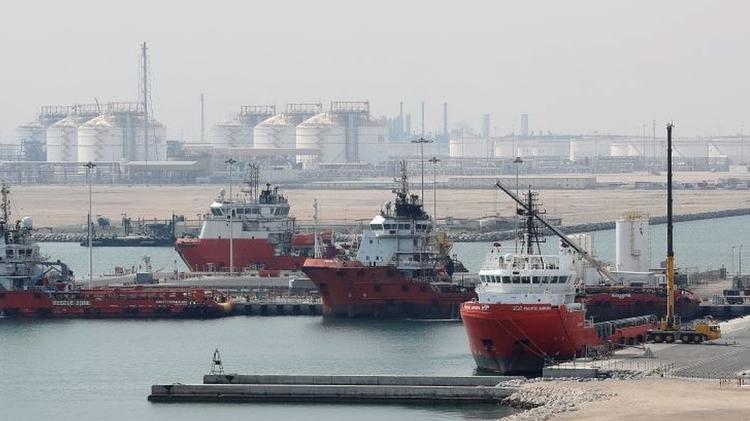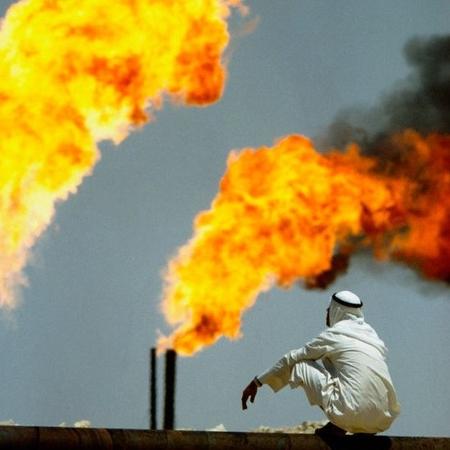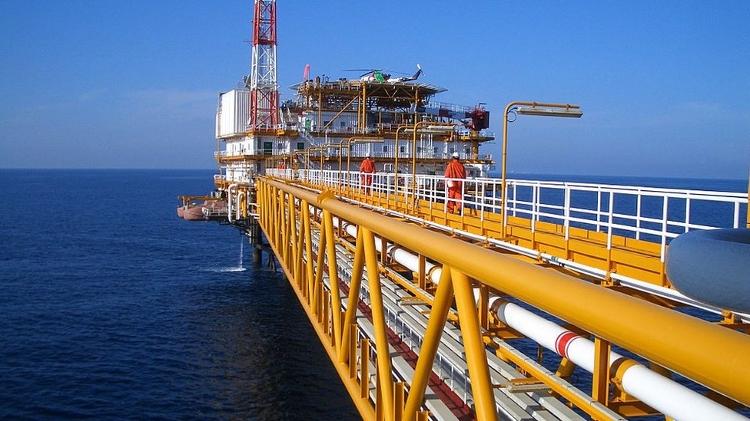With a population of less than 3 million, Qatar has become a crucial country for Europe, which is in a frenzied quest to replace Russian energy imports.
Along with Australia, this small Middle Eastern country is the world’s largest exporter of liquefied natural gas (LNG) and a potential trading ally for European Union countries, which have so far imported around 40% of LNG from the Russian market.
This energy dependence between Europe and Russia was not a big deal until February, when the Kremlin decided to invade Ukraine and made the trade relationship increasingly untenable.
Europe began to sign long-term agreements to increase gas imports from other countries, but this was not enough to compensate for the loss in Russia’s gas imports.
For example, 55% of the gas consumed in Germany comes from Russia. The country’s Minister of Economy, Robert Habeck, recently said unprecedented measures are needed to reduce dependency and counter what he sees as “the Kremlin’s energy blackmail”.
It’s not enough for Germany to buy ships with liquefied natural gas (LNG) from other latitudes because it needs to build facilities to process it, something that can take three to five years according to government calculations.
“We must try the impractical,” said Habeck, despite the logistical difficulties and the urgency of the circumstances. And the country has put its foot in the accelerator with the approval of sources for the creation of floating LNG terminals capable of receiving products from places as far away as the United States or Qatar.
This is how Qatar enters the negotiating table in a good position after the start of the war, just at a time when it is making significant investments to boost gas production and infrastructure.
“There is definitely an opportunity for Qatar,” Karen Young, senior researcher and director of the Economics and Energy Program at the Middle East Institute think tank in Washington, told BBC Mundo.
Expansion plans
Qatar had planned to increase its export capacity by about 64% by 2027 before the war started, so if the deals are in place and politically priced, the medium-term opportunity to supply LNG to Europe “will be both an economic and a boon,” says Young.
As a semi-constitutional monarchy with the emir as head of state and the prime minister as head of government, Qatar does not need to go through complex decision-making processes or receive political support from different parties.
The country’s political system is viewed by Western establishments as an “authoritarian regime”, a definition the Qatari government rejects.
Amnesty International condemned what it describes as “exploitation and exploitation” of migrant workers.
Qatar’s ambitions
Refrigerated LNG has the advantage of being easier to transport. It can be loaded on ships and does not require the construction of large pipelines with long-term investments of millions of dollars.
Qatar’s plan to increase LNG exports by 64% by 2027 was announced in 2019.
Under this plan, state-owned Qatargas has entered into an agreement to expand exploration of the Campo Norte reserve, a giant offshore reserve that extends into Iranian waters and is one of the largest natural gas deposits in the world.
The expansion will allow the country to increase its LNG production capacity from 77 million to 110 million tons by 2025.
Many countries neighboring Germany are negotiating with Qatar to provide additional LNG imports.
The urgency of acquiring new energy sources has become more acute in recent weeks after Russia cut off supplies to Poland and Bulgaria during the war effort.
A rich country is getting richer
With more wealth per capita than Switzerland or the United States, Qatar looks set to become even richer.
This is because demand is increasing in other parts of the planet as well.
Currently, about 80% of Qatar’s LNG exports go to Asia, with the main buyers being South Korea, India, China and Japan.
By market volume, China has become the world’s largest LNG importer after signing a 15-year agreement with Qatar.
With the growing demand from Asian and European markets, experts say that Qatar has all the conditions to win profitable contracts.
While not everything will yield immediate results, the state-owned giant Qatar Energy is in full swing.
Existing capacity is pledged under multi-year contracts, which Doha says it will not cancel to divert supplies to Europe.
Still, some companies, such as Morgan Stanley, expect Europe’s decision to import gas from other countries will result in a 60% increase in global LNG consumption by 2030.
As this scenario continues to take shape, Qatar’s economy will grow by over 4% this year – the fastest growth since 2015, according to Citigroup.
source: Noticias


